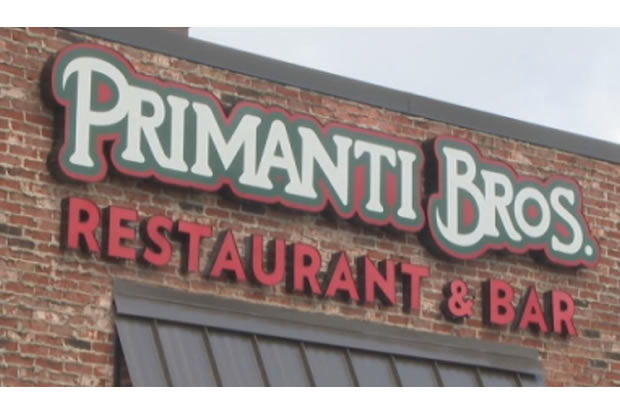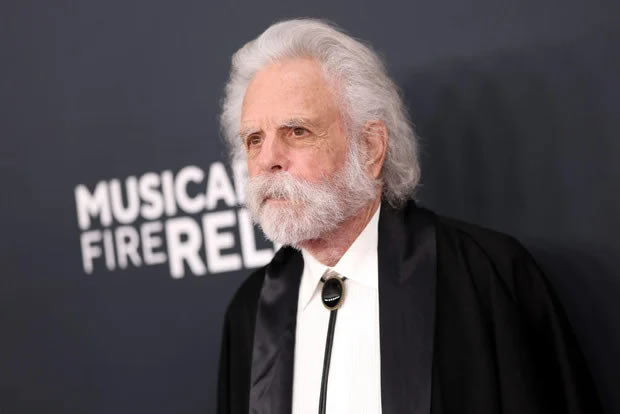
Old photos of actress Ellie Kemper, who rose to fame in roles in “The Office” and “Bridesmaids” before starring in the Netflix series “Unbreakable Kimmy Schmidt,” hey dude shoes resurfaced over Memorial Day weekend and ignited controversy for her involvement with a St. Louis organization that historically celebrated the wealthy white elite while excluding Black members.
The Veiled Prophet Organization, which originated in the late 1800s as a group of wealthy business owners in St. Louis, still holds an annual debutante event called the Veiled Prophet Ball, in which the daughter of one of the group’s members is crowned queen by a “Veiled Prophet,” a secret member who wears white robes and a white veil covering his face.
“Each year, approximately sixty to seventy young women are chosen for their outstanding community service efforts and walk down the magnificent 72-foot-long Veiled Prophet runway in fashionable couture gowns, and in front of family and friends, are presented and honored for their contributions,” reads an event description from the Veiled Prophet organization’s website.
A 1999 archived article from the St. Louis Post-Dispatch announced that “Elizabeth skechers outlet Claire ‘Ellie’ Kemper, 19, (was crowned) the 1999 Queen of Love and Beauty” at that year’s Veiled Prophet Ball while she was a freshman at Princeton University.
The article noted that Kemper is a member of a historically wealthy banking family in Missouri including her father, David Kemper, a high-profile bank executive.
USA TODAY has reached out to representatives for Kemper for comment.
In response to the controversy, The Veiled Prophet Organization described itself in a statement to USA TODAY Tuesday as “dedicated to civic progress, economic contributions and charitable causes in St. Louis.”
“Our organization believes in and promotes inclusion, diversity and equality for this region,” the statement read. “We absolutely reject racism and have never partnered or associated with any organization that harbors these beliefs.”
viewed it as a public celebration of their elite status as well as a way to assert power over those who attempted to interrupt the status quo.A 2014 article from The Atlantic highlighted the group’s existence as a “response to growing labor unrest in the city, much of it involving cooperation between white and (Black) workers.”
“Symbolically gaining control of the streets, the elites presented St. Louis history and American history by tracing the triumphs of great men – men who happened to be the Veiled Prophet members’ ancestors,” Spencer wrote. “The parade, therefore, was intended to awe the masses toward passivity with its symbolic show of power.”
Civil rights protests ignited changes to Veiled Prophet Organization
The organization only welcomed its first Black members in 1979, years after protests from civil rights group Action Committee to Improve Opportunities for Negroes (ACTION) and activists including Percy Green, according to St. Louis’ Cultural Resources Office. The event was also forced to move locations after an ACTION lawsuit alleged the city was condoning racism by allowing the ball to be held at a city-owned venue, according to the St. Louis Post-Dispatch.
An image of a Veiled Prophet dressed in what appears to be KKK robes has led many on social media to make connections between the two organizations, though historians say the image was produced in the 1870s, decades before KKK members began wearing white hoods and robes in the early 1900s.
The Veiled Prophet Parade has since ecco shoes unofficially rebranded itself as “America’s Birthday Parade,” though the ball and organization as a whole have kept the original names.
“Many things have changed since 1878, but the Veiled Prophet Organization will always continue its largest gift to the community: a spectacular parade that has become one of St. Louis’ most enduring family traditions,” reads a description on the organization’s website.















+ There are no comments
Add yours